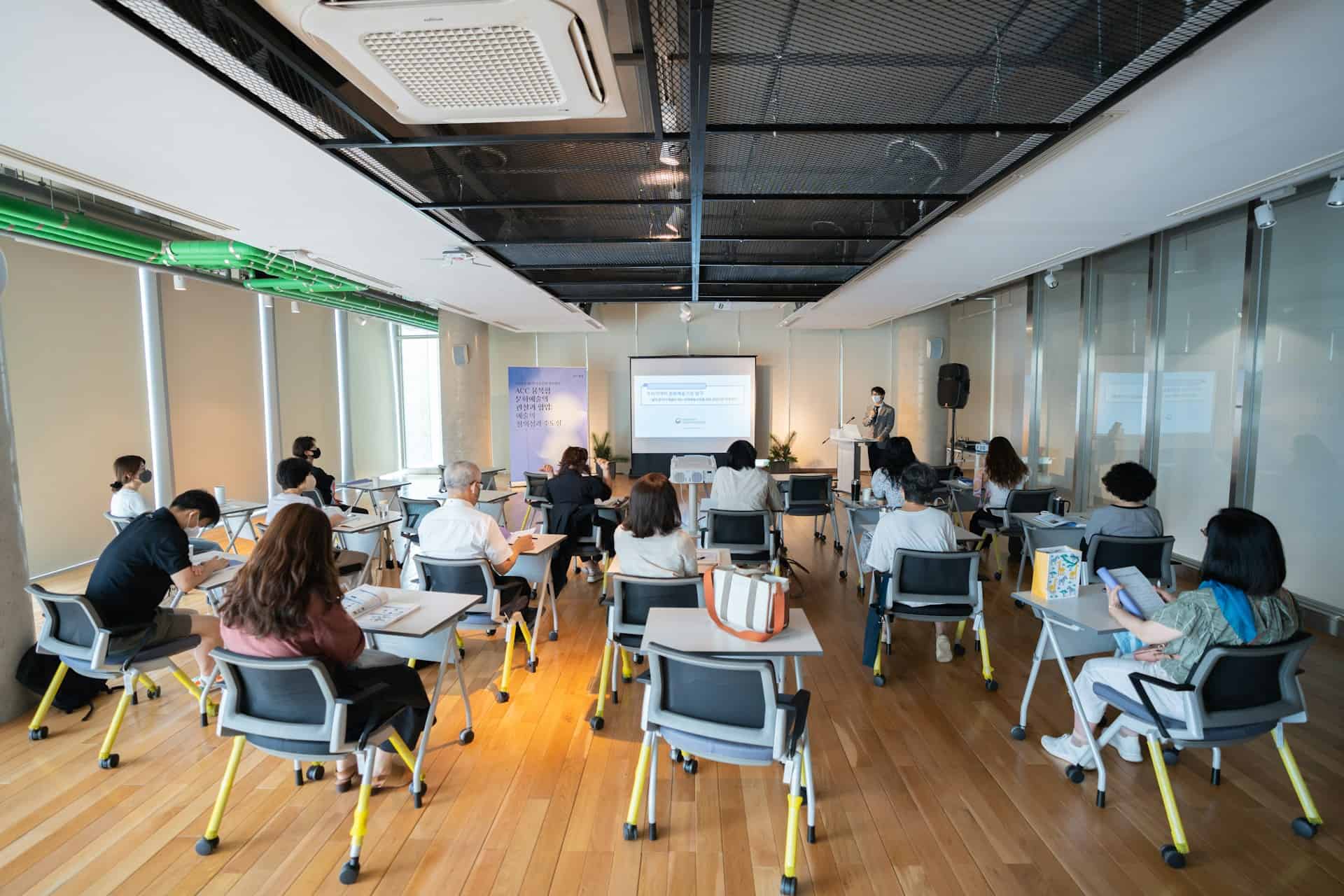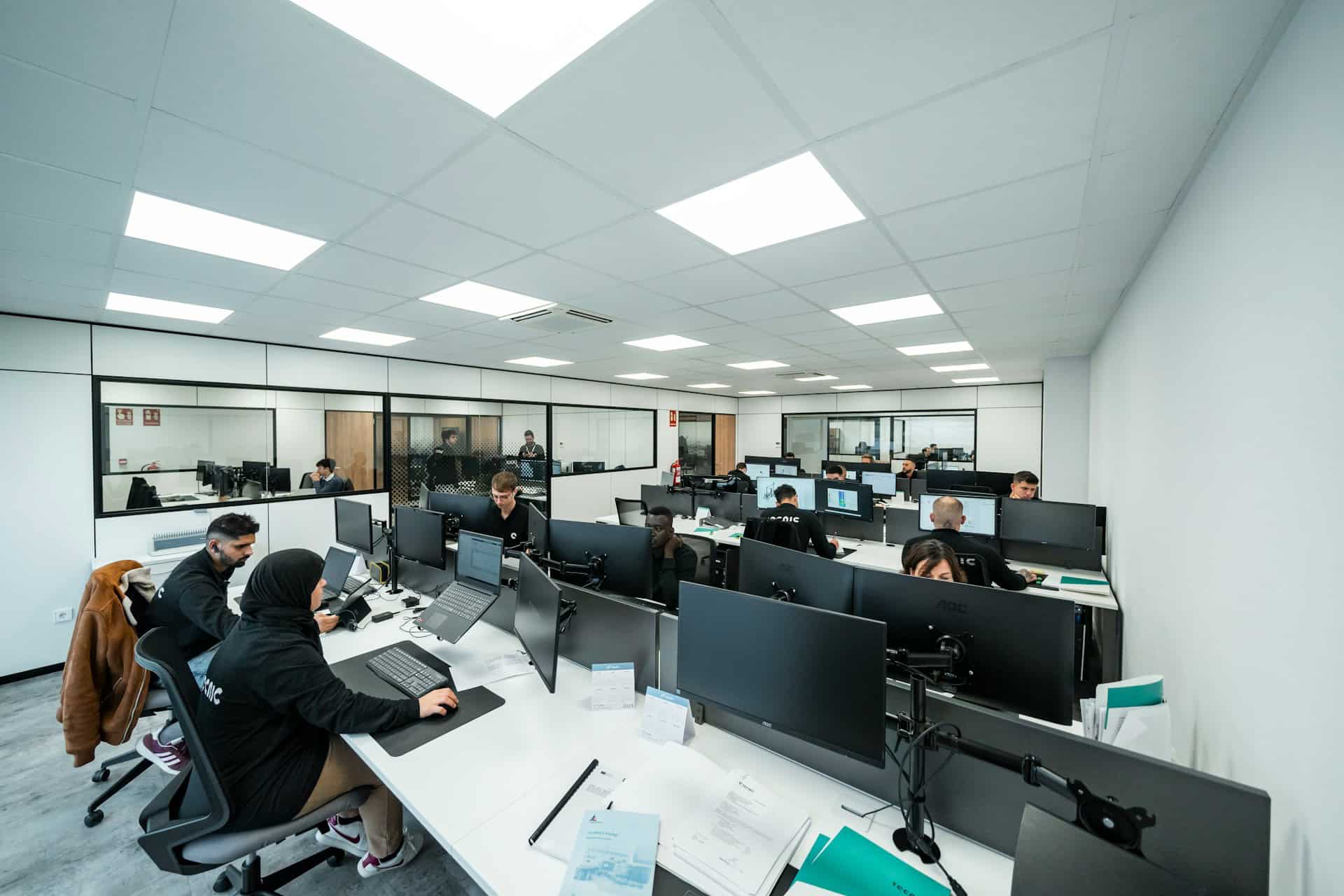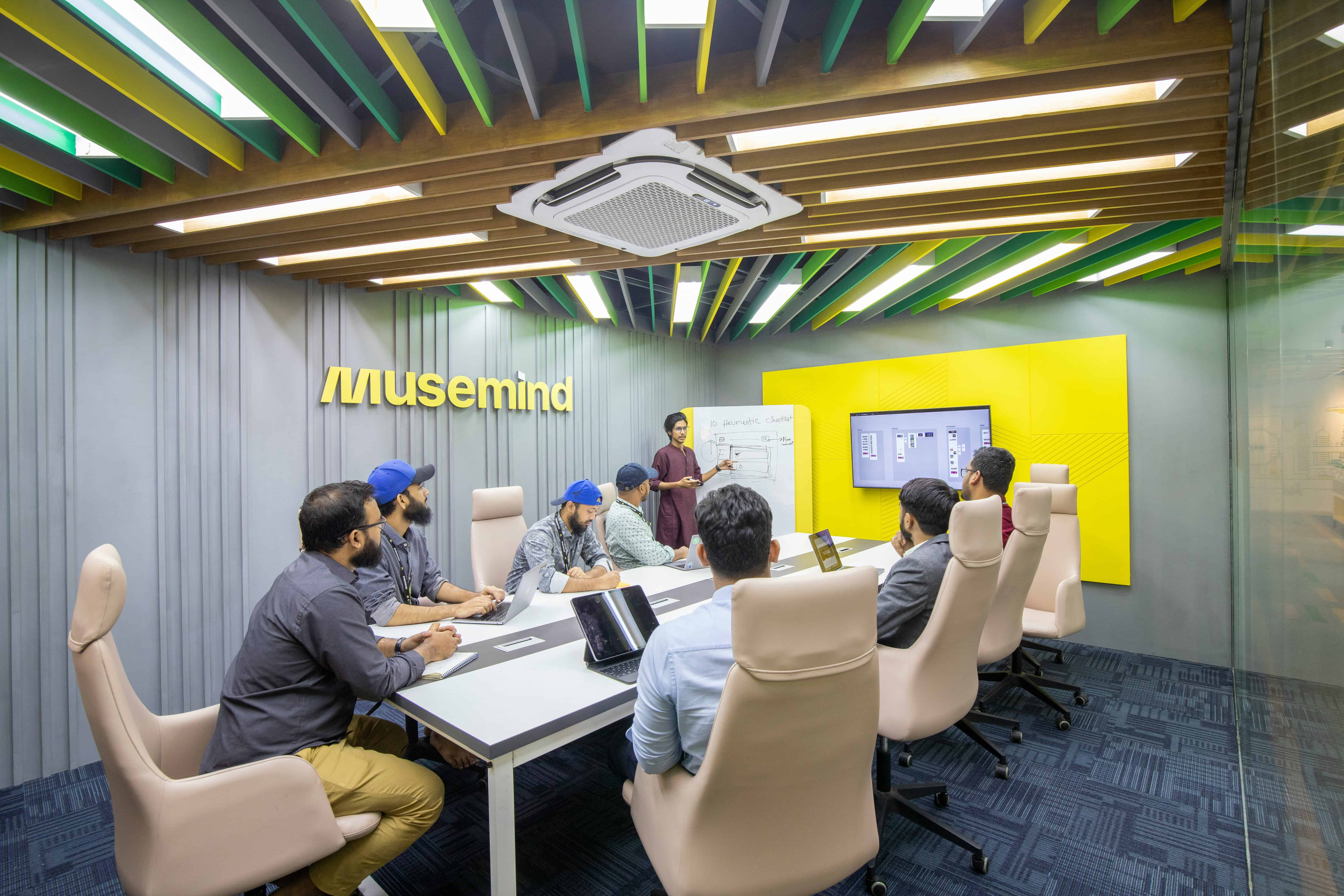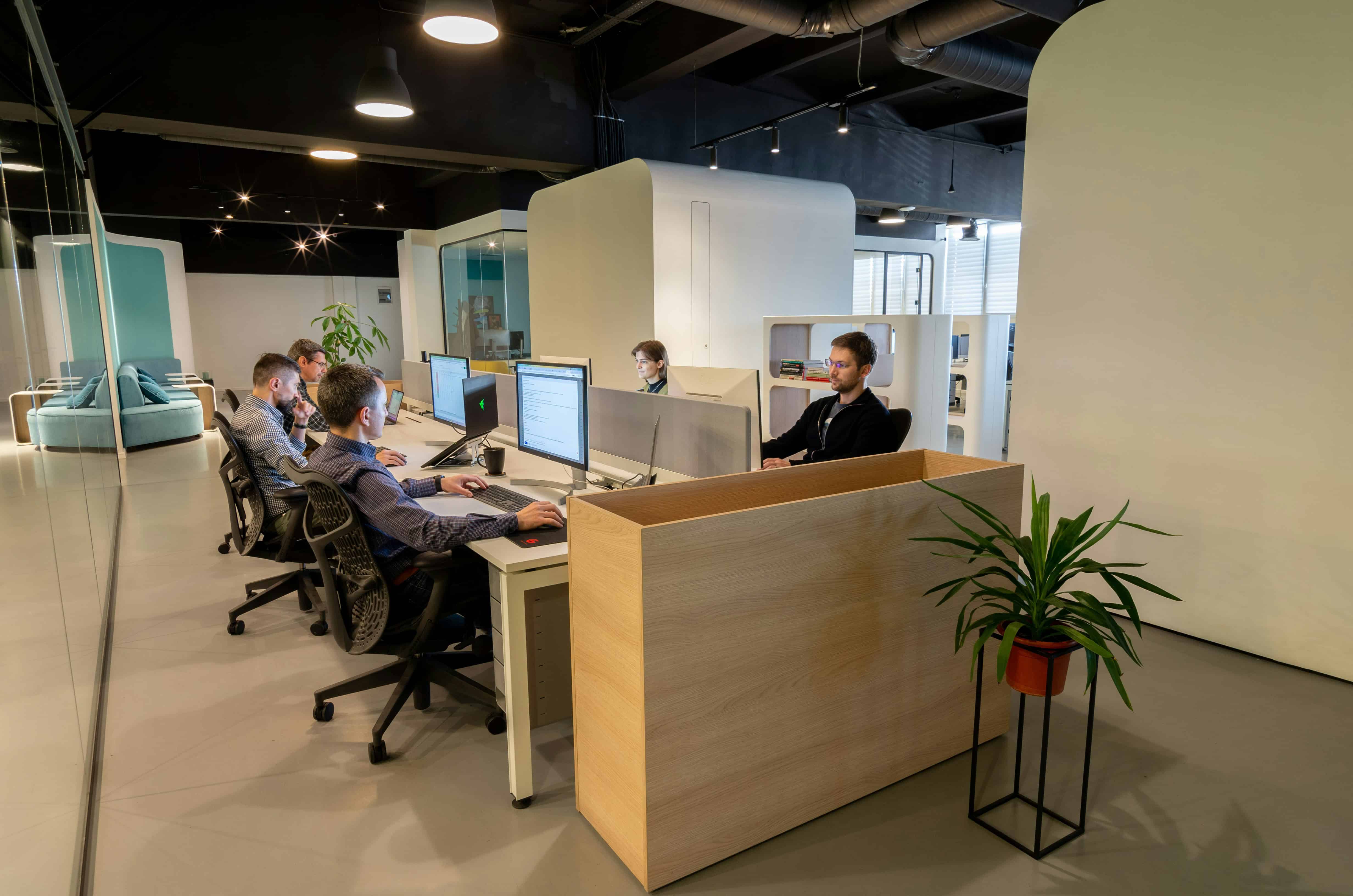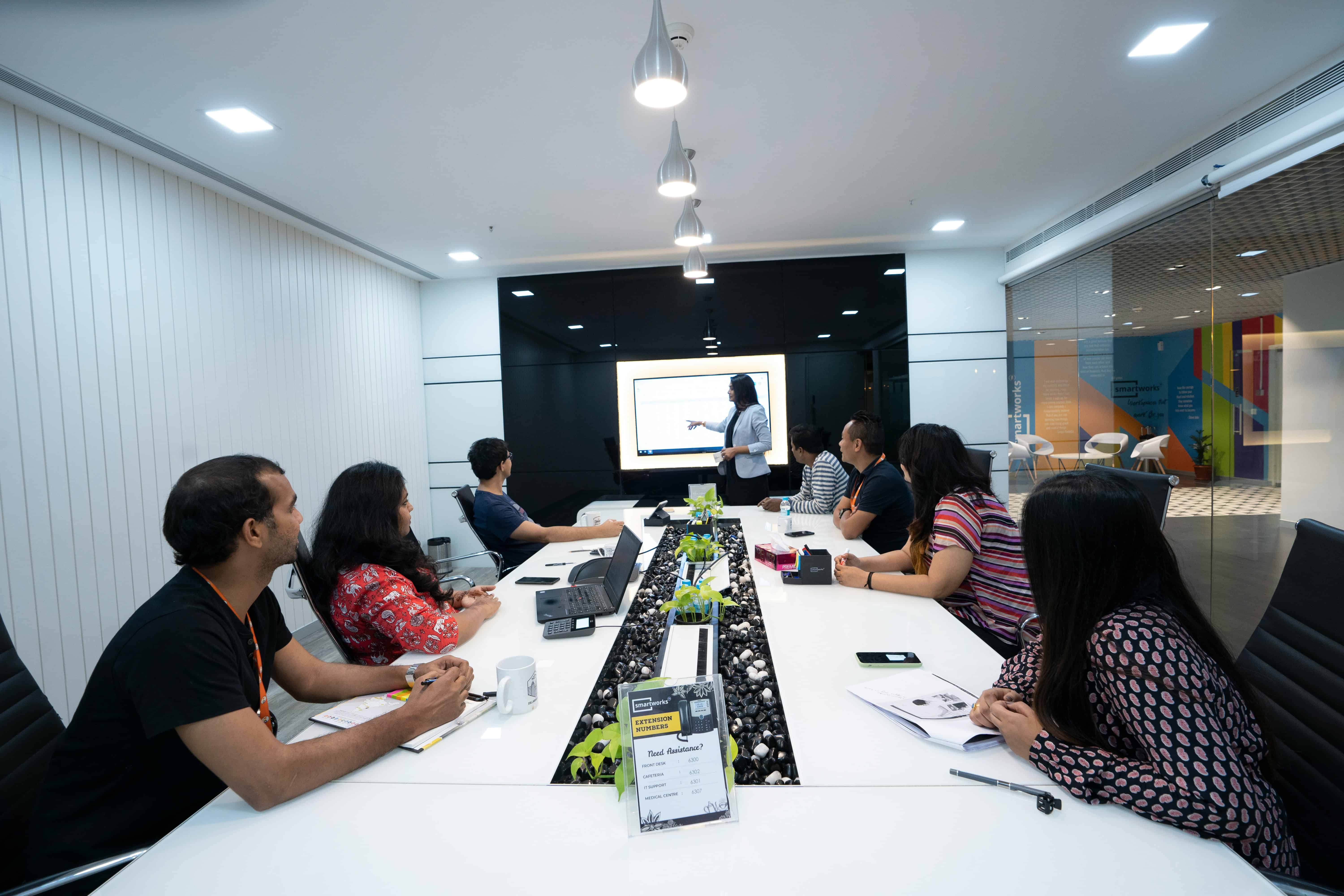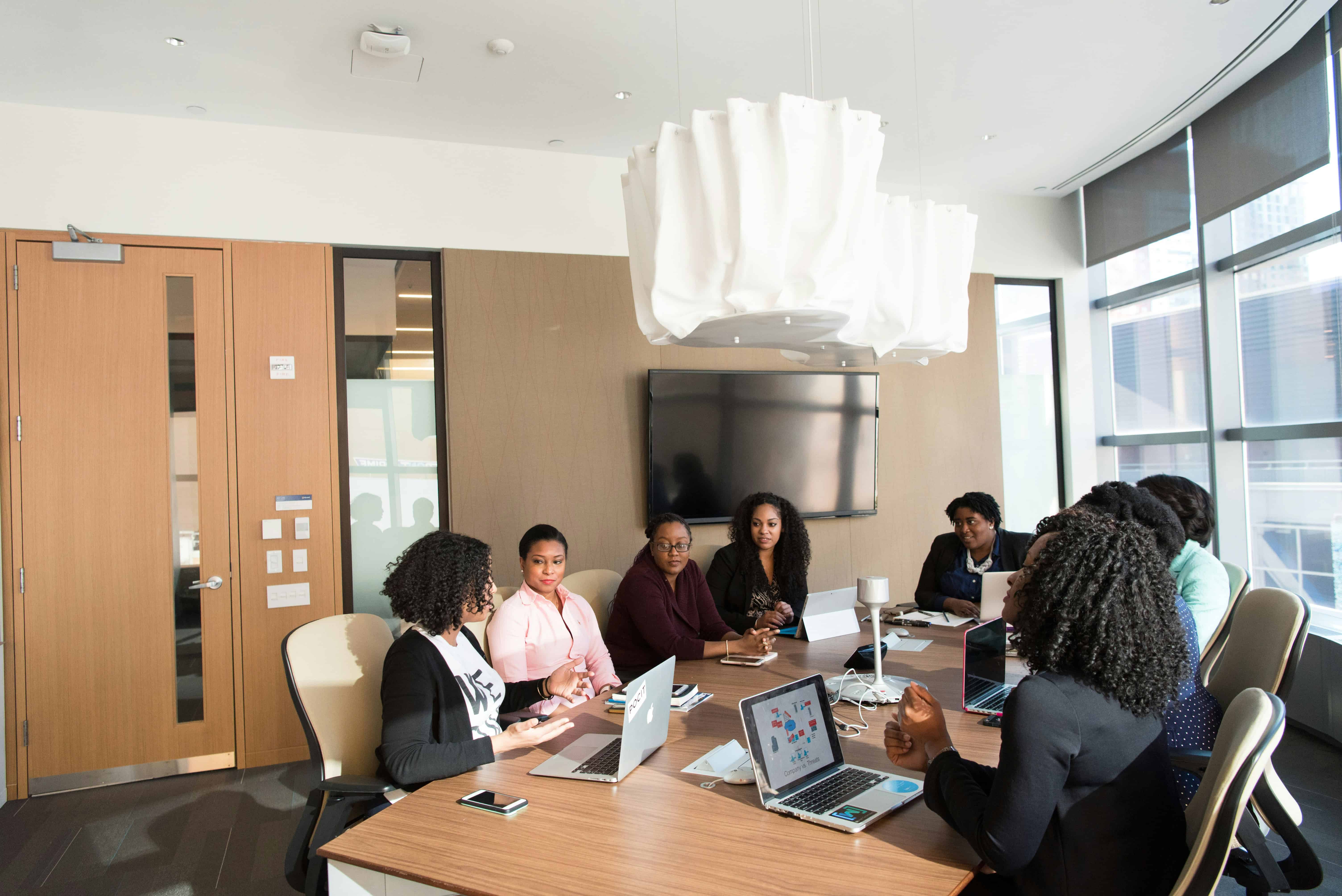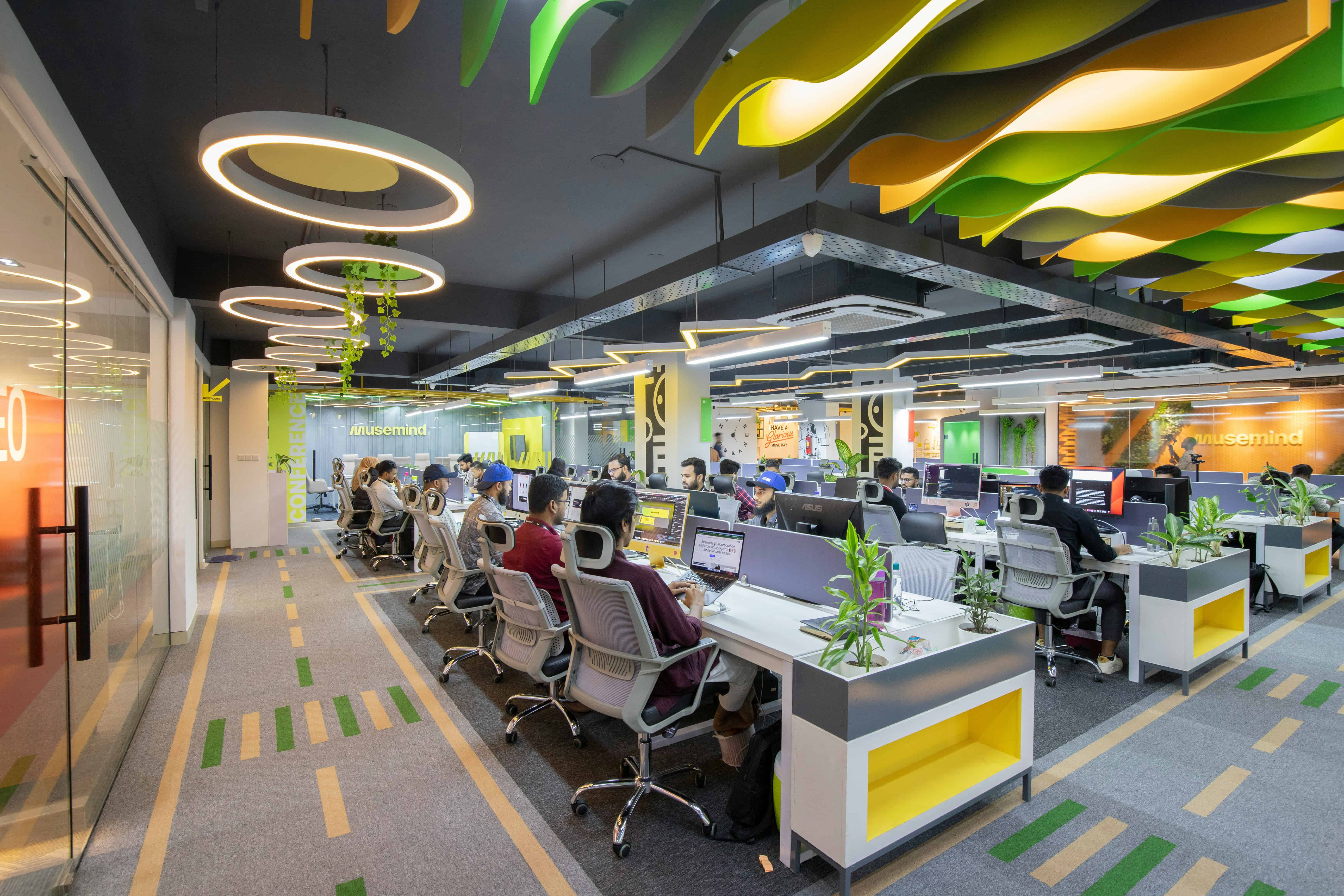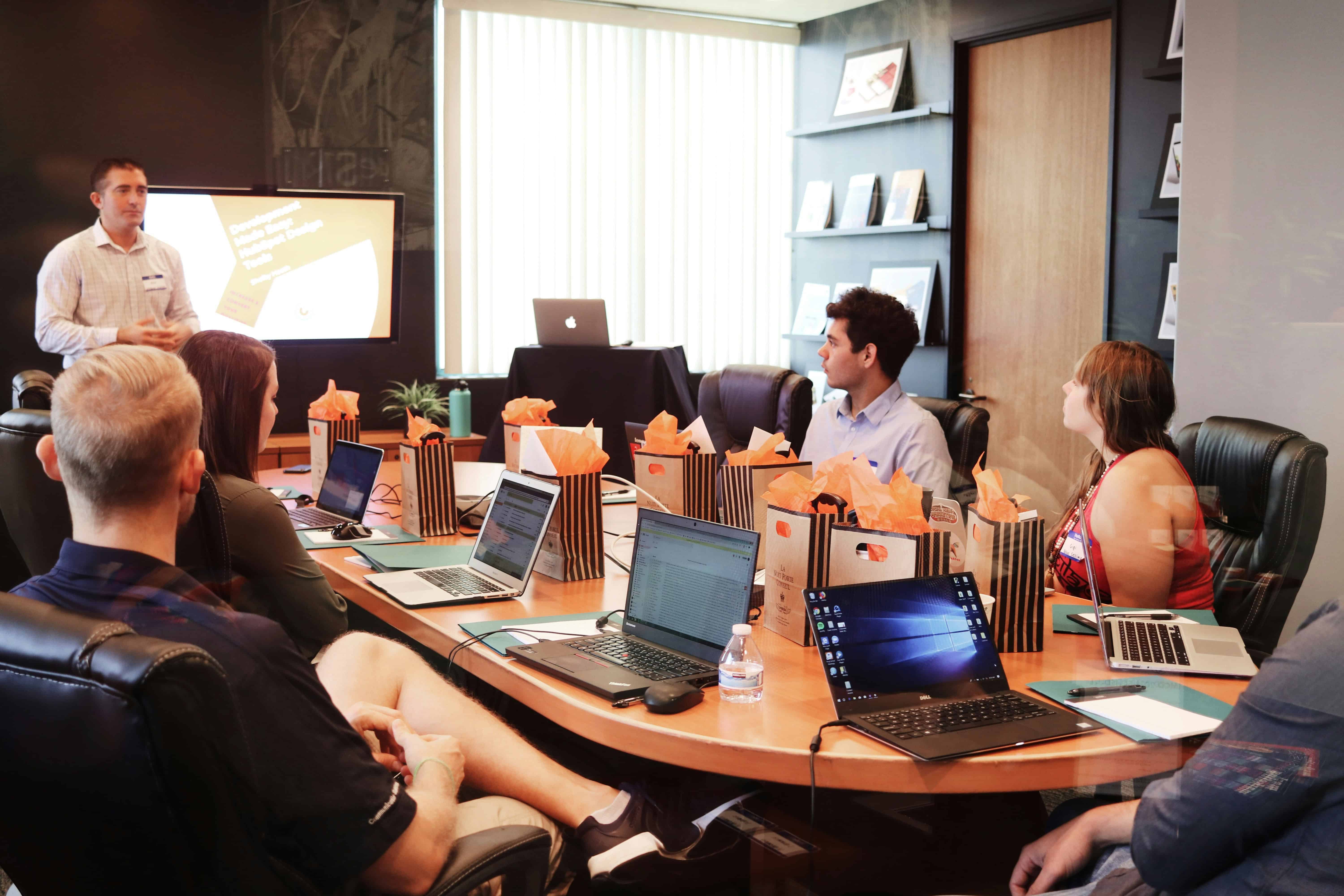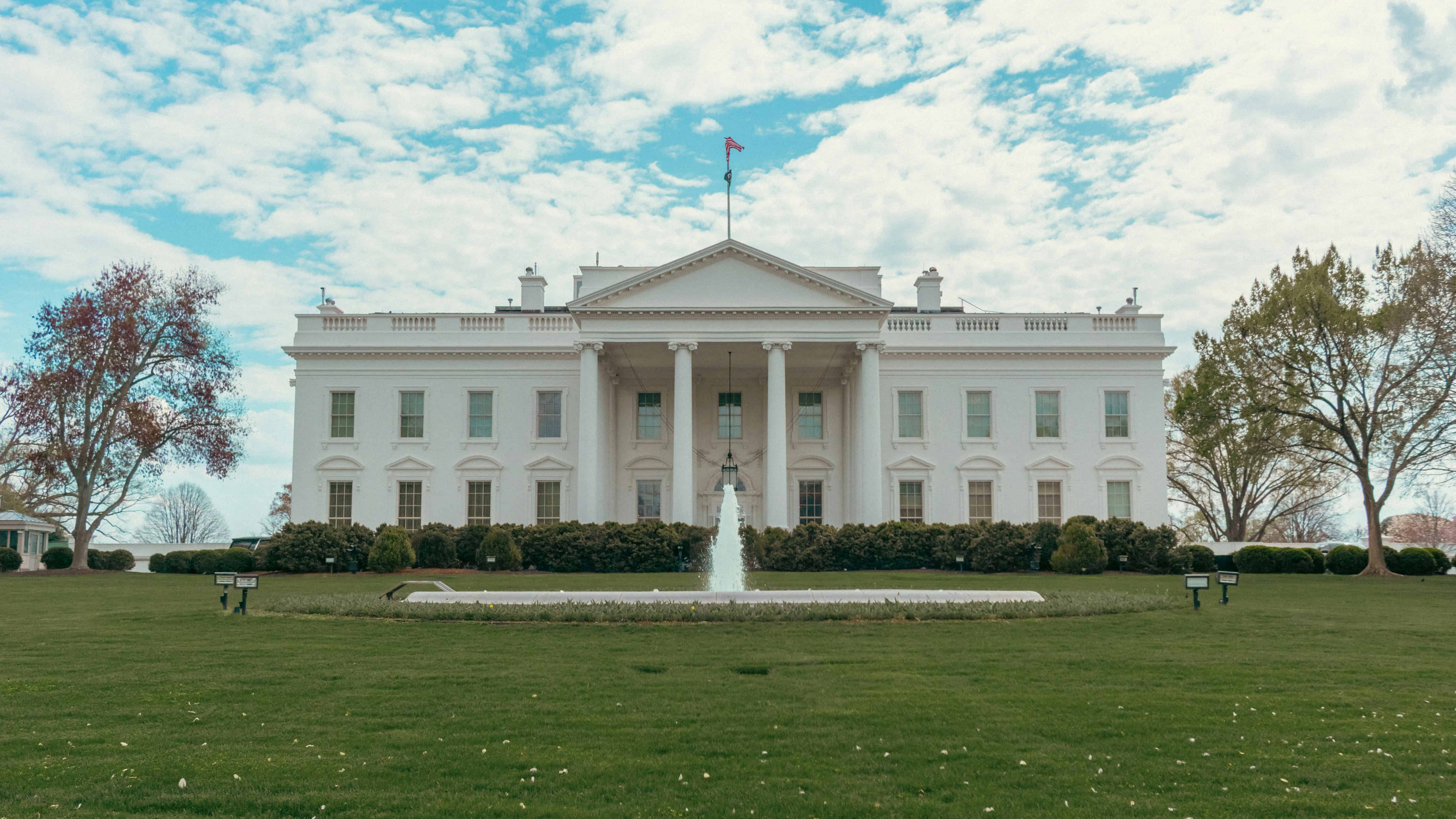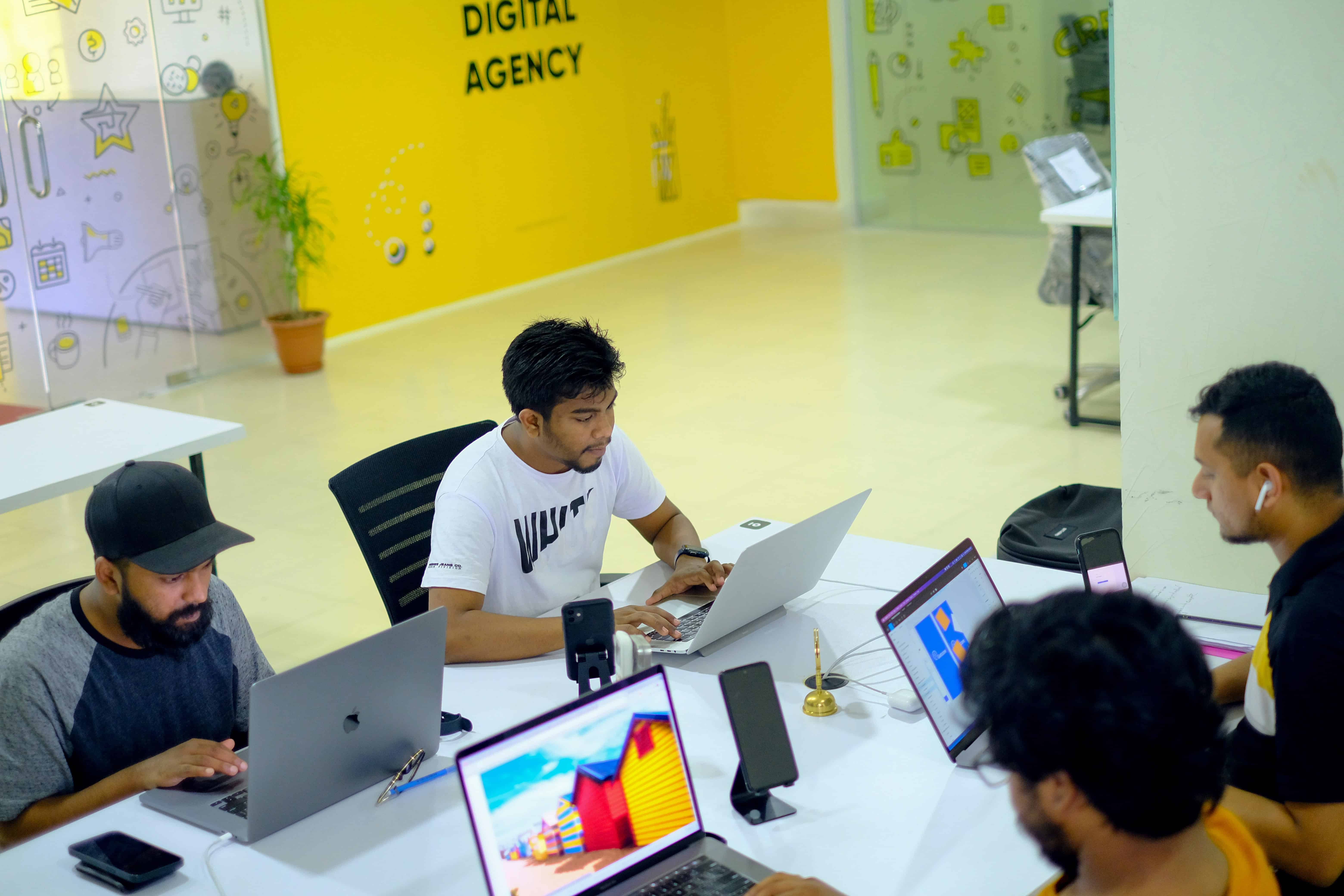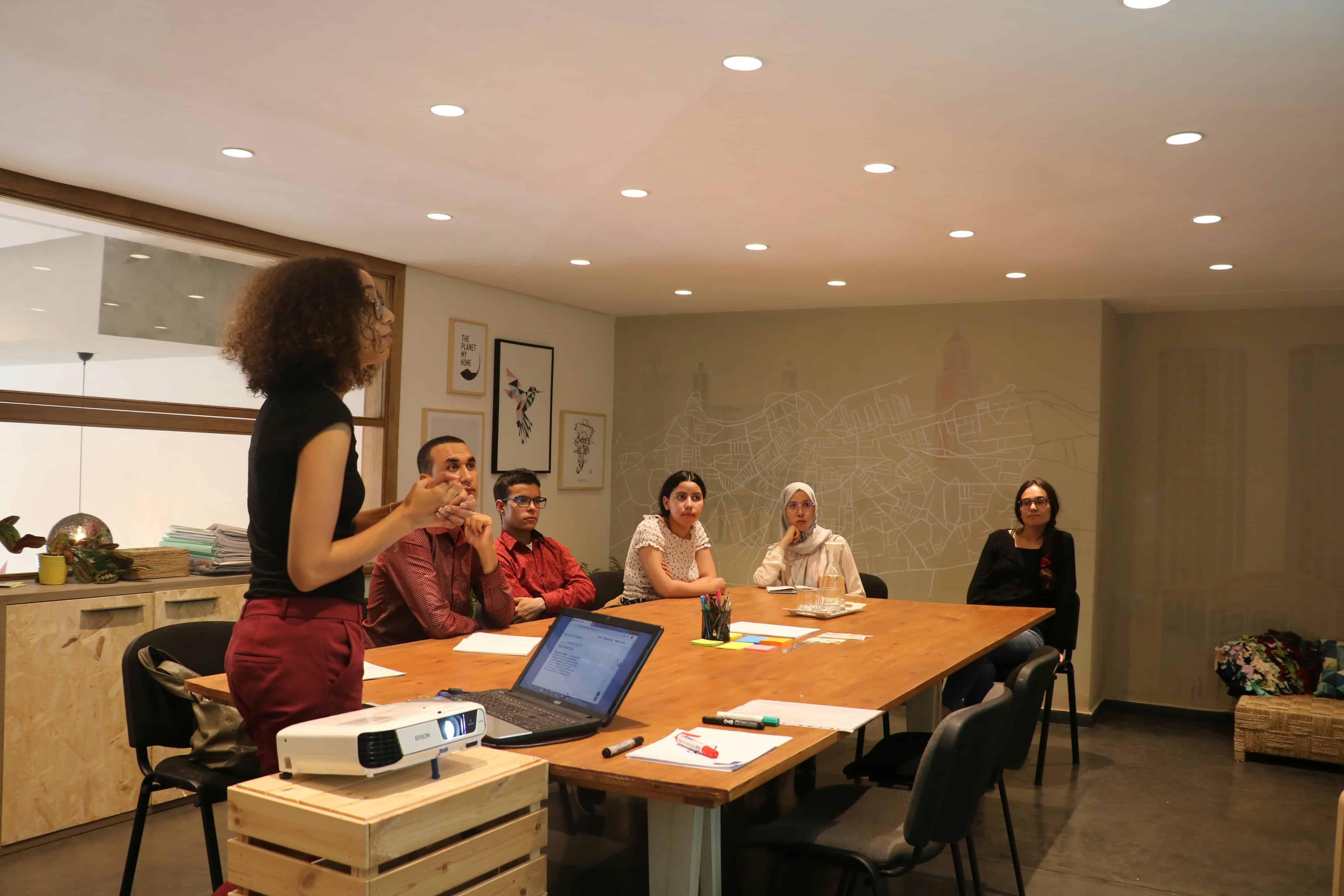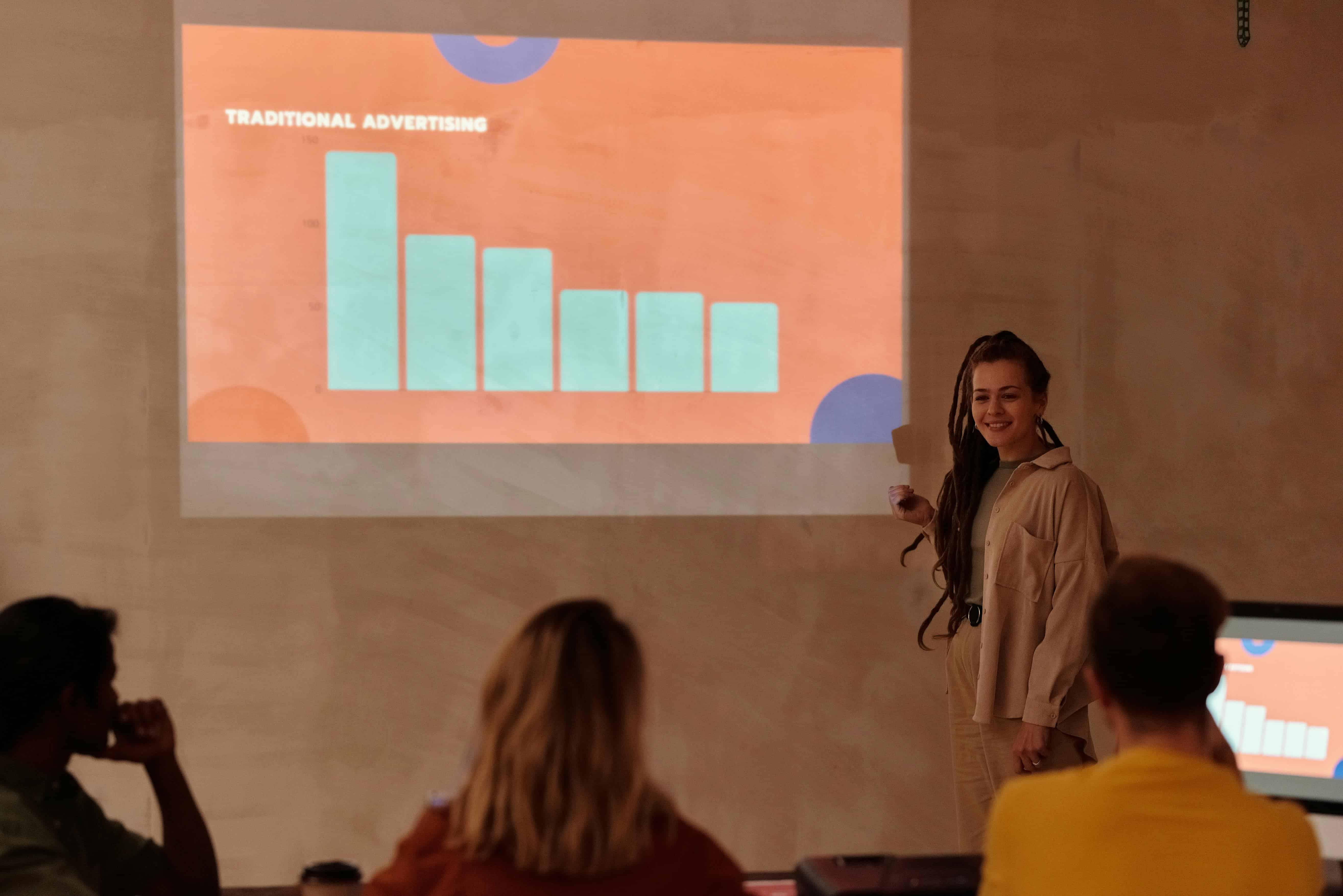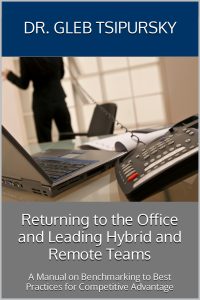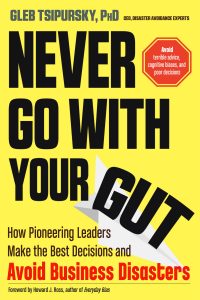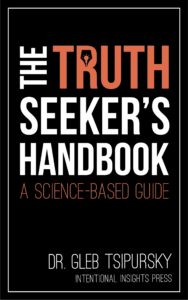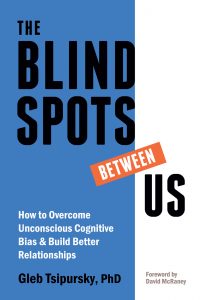Victims of RTO policies include older workers, individuals with disabilities, and women, who face barriers to workplace participation. Forced office returns undermine workforce diversity, economic growth, and inclusivity. Flexible work is essential for a thriving, adaptable labor market.
Will Gen AI replace us or redefine us? The future lies in collaboration, not competition. By embracing adaptability and human-centric skills, we can thrive alongside Gen AI and shape a more innovative and ethical world.
Gen AI demands a growth mindset and continuous learning for association success. By providing targeted training, real-world application, and fostering experimentation, leaders can empower teams to innovate, improve member value, and enhance organizational efficiency.
With Gen AI advancing rapidly, the call to “move fast and break things” feels reckless. The public wants caution, not chaos. We need thoughtful regulation, transparency, and inclusion to ensure AI benefits everyone—safely and responsibly.
Gen AI productivity is a game-changer for associations—boosting efficiency, empowering volunteers, and enhancing member engagement. But with great power comes great responsibility. Ethical use and smart oversight must guide this transformative shift.
Gen AI Agents are reshaping work by autonomously planning, executing, and communicating across systems—freeing humans from repetitive tasks and enabling smarter, faster, and more creative collaboration across every industry.
The Gen AI Revolution isn’t just about tech—peer mentoring empowers associations to humanize AI adoption, accelerate learning, and build a culture of shared innovation among staff, volunteers, and members.
The GAO’s 2025 report proves that remote work trumps RTO. Flexible work boosts talent retention, cuts costs, and raises productivity, making it a smarter choice than rigid office mandates.
Gen AI training through hands-on workshops transforms associations—equipping staff and volunteers with practical skills, sparking innovation, and turning AI from a buzzword into a mission-aligned tool for impact.
Rapid AI adoption is turning recession pain into profit—facing shrinking GDP and rising tariffs, companies are using generative AI to cut costs, boost productivity, and build a lasting competitive edge.
Using a phased rollout as a Gen AI tactic helps associations adopt AI effectively, starting small, learning fast, and scaling smart to empower staff and volunteers while aligning with mission-driven goals.
The Gen AI revolution is reshaping industries, offering transformative potential. Companies must embrace innovation, educate employees, and address ethical risks to unlock creativity and thrive in this new era of AI-driven possibilities.
How can Gen AI transform associations? By automating routine tasks, it frees up staff and volunteers to focus on strategic, human-centered work that drives member value and industry impact.
Trump’s RTO Mandate was falsely framed as popular—only 43% backed it, but the poll’s numbers were spun and amplified by partisan pipelines posing as trusted local news. Always check the math behind the message.
Gen AI agents for associations are transforming how staff and volunteers work—automating tasks, personalizing member experiences, and strengthening chapter coordination, all while preserving the human touch that defines association impact.
Resistance to Gen AI learning can hinder progress, but overcoming it requires trust, tailored training, and emotional support. Organizations that foster a culture of learning will empower employees, boost productivity, and stay competitive in an AI-driven world.
Association AI Adoption is accelerating as leaders face rising costs and shrinking revenues—generative AI now powers smarter member service, leaner operations, and volunteer support without sacrificing mission or staff.
Federal RTO mandates have sparked chaos across agencies—disrupting veteran care, driving out working moms, and straining infrastructure. A rigid, one-size-fits-all policy is eroding trust, morale, and the effectiveness of public service delivery.
Ultimately, AI enables Ivanti’s support team to operate more strategically. By removing busywork, it creates space for innovation, deeper customer engagement, and long-term value.
To leverage Gen AI effectively, associations must create tailored learning programs for staff and volunteers. By focusing on real-world applications and ensuring inclusivity, they can drive efficiency, innovation, and lead their members in AI adoption.
Experian’s Gen AI strategy is structured around four pillars: Products, Productivity, Platform and Governance, and Education and Adoption.
Remote work won’t die—it’s evolving. Hybrid models will dominate, with companies investing in tech and training to stay competitive. Government policies will shape adoption, but demand for flexibility remains strong, ensuring remote work’s future.
Brennan emphasizes that AI is a support tool, not a substitute for judgment. Managers are taught to verify outputs and ensure their voice and intent come through.
Associations can harness the power of Generative AI by establishing small, focused Gen AI hubs or Centers of Excellence. These hubs help integrate AI tools effectively, enhancing operations, member engagement, and fostering a culture of continuous innovation.
Generative AI isn’t arriving loudly—it’s quietly integrating into existing systems like Zoom, cybersecurity tools, and writing assistants, often unnoticed by users.
Protect yourself from decision disasters by getting our free Wise Decision Maker Course, which includes 8 weekly video-based modules. As a bonus, you'll receive a free copy of our Assessment on Dangerous Judgment Errors in the Workplace when you sign up.




